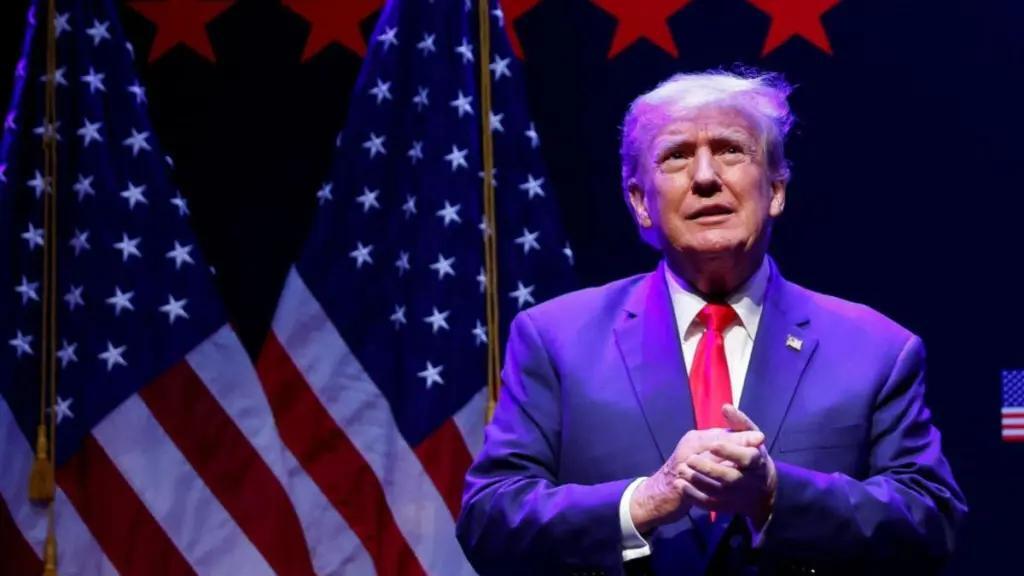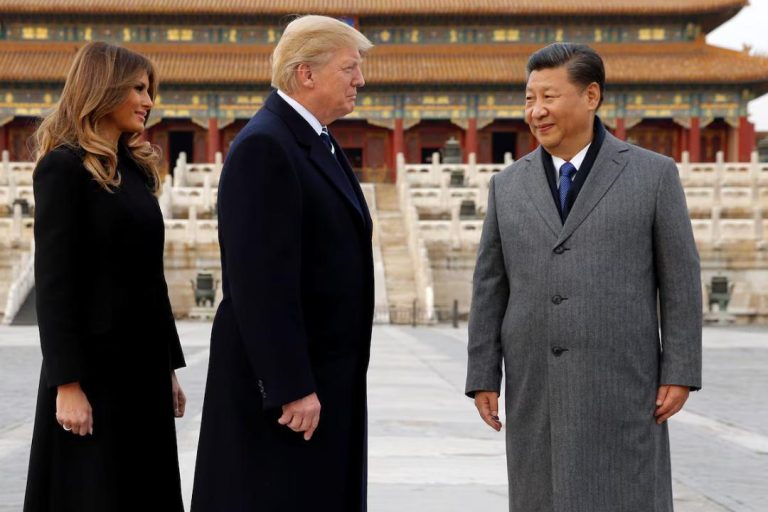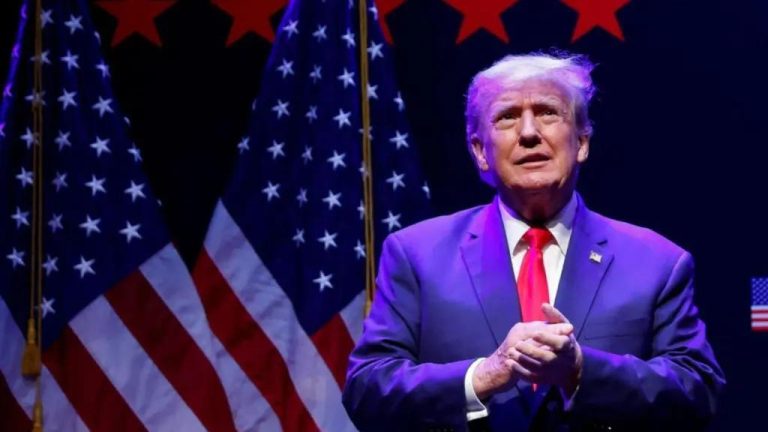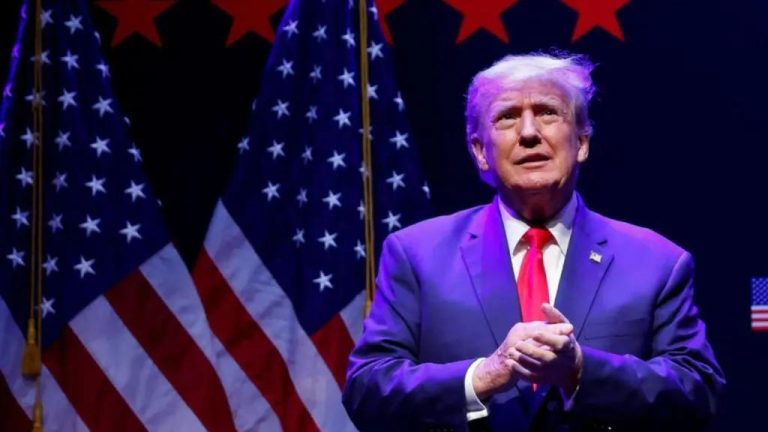
Donald Trump Exempts Smartphones & Computers from Reciprocal Tariffs
In a move that has garnered significant attention in the global tech industry, United States President Donald Trump has excluded smartphones, computers, and other electronic items from the reciprocal tariffs imposed on Chinese goods. According to a Customs and Border Patrol notice, this exemption includes the 25% tariffs on $250 billion worth of Chinese goods, as well as the 10% tariff on an additional $300 billion worth of goods. This decision comes amid concerns from tech giants, including Apple, that the tariffs may lead to a significant increase in the prices of electronic gadgets.
The exemption applies to a range of electronic items, including smartphones, computers, laptops, tablets, and other electronic devices. This means that American consumers can expect to continue purchasing these items at their regular prices, without the added burden of tariffs. The exemption is seen as a major relief for the tech industry, which has been grappling with the potential impact of the tariffs on its business.
The move is seen as a significant shift in Trump’s trade policy, which has been marked by a series of tariffs imposed on Chinese goods in an effort to reduce the country’s trade deficit. The tariffs have been met with widespread opposition from the tech industry, which has argued that they will increase the cost of goods and potentially lead to job losses.
Apple, one of the biggest tech companies in the world, has been particularly vocal in its opposition to the tariffs. The company has warned that the tariffs will increase the cost of its products, including the iPhone, by up to $300 per unit. This could have a significant impact on the company’s bottom line, as it relies heavily on Chinese manufacturing for its products.
Other tech companies, including Microsoft and Google, have also expressed concerns about the impact of the tariffs on their business. These companies have invested heavily in China and have established significant supply chains in the country. The tariffs could disrupt these supply chains, leading to production delays and increased costs.
The exemption is seen as a significant victory for the tech industry, which has been pushing for a more nuanced approach to trade policy. The industry has argued that tariffs are not the best way to address trade imbalances, and that other measures, such as negotiating with China to reduce its trade barriers, are more effective.
The exemption is also seen as a way for Trump to ease the pressure on the tech industry, which has been critical of his trade policy. The industry has argued that the tariffs are unfair and that they will harm American consumers. By exempting electronic items from the tariffs, Trump is able to ease some of the pressure on the industry, while still maintaining his tough stance on China.
The move is also seen as a way for Trump to maintain his popularity among American consumers, who are increasingly concerned about the impact of tariffs on their daily lives. The tariffs have led to a range of price increases, from electronics to clothing to furniture. By exempting electronic items, Trump is able to ease some of the pressure on consumers, while still maintaining his tough stance on trade.
In conclusion, the exemption of smartphones, computers, and other electronic items from the reciprocal tariffs is a significant development in the ongoing trade war between the United States and China. The move is seen as a major relief for the tech industry, which has been grappling with the potential impact of the tariffs on its business. The exemption is also seen as a way for Trump to ease the pressure on the industry, while still maintaining his tough stance on China.






